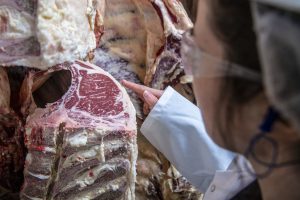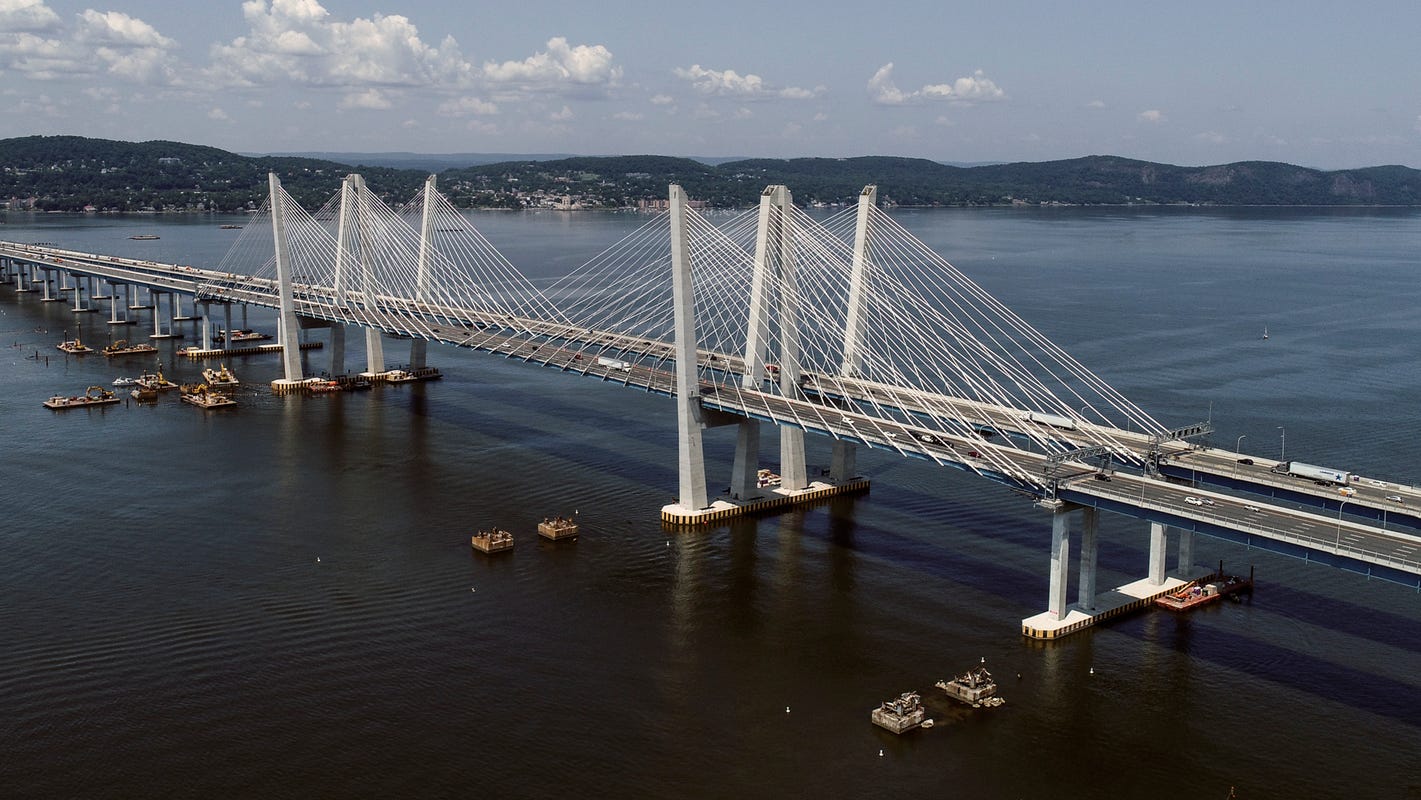When the only responsibility of business is to maximize shareholder value, how far can pro-business politicians go before they’re anti-you?
In a perfect world, all of our needs would be aligned, producing the best possible outcomes for everyone. Businesses, eager to earn a profit for their shareholders, would understand that the only way to do so is to sell safe, high quality products at a reasonable price. Employees would be paid a living wage for reasonable hours in a healthy and safe workplace. Customers would know which businesses were good corporate citizens and which were villains, and vote with their dollars for the better world we all want. Pro-business politicians wouldn’t have to claim that title, because we’d all be pro-business, and business would be pro-everybody. We could all join hands and sing Kumbaya.
Unfortunately, that’s not the world we live in, no matter how enthusiastically our most fervent pro-business pundits and politicians claim that a capitalist economy magically aligns all of our interests into a free market of perfect harmony. Not all businesses misbehave, but the situation got worse after 1970, when Milton Friedman, an economist with the University of Chicago, published an essay in the New York Times which claimed that the only responsibility of a business is to maximize shareholder profit. Sometimes that means being ultra-ethical. Other times, it means cutting corners.
Consider Georgia Power. As scientists became more convinced that coal ash posed a threat to human health by seeping into ground water, state legislatures around the country began mandating that coal ash be stored more safely. This could mean a lined landfill, or at least installing a barrier in the giant “ponds,” often larger than lakes, where companies like Georgia Power stored the toxic ash that remains after coal is burned. State politicians, however, preferred to be known as pro-business, which meant denouncing the regulations that would have kept the state’s groundwater, and citizens, safer. As a result, not only did citizens living around the unlined coal ash ponds sicken, and often die of various cancers, they were stuck with the bill for cleaning up the mess.

In 2019, major players in the meat industry had an idea. Rather than having government inspectors visit their slaughterhouses to make sure everything was clean and safe enough, why not let them police themselves? Trained employees could poke and sniff carcasses as they roll by, and take care of any problems without having to get Uncle Sam involved. Loosening up the regulations could earn lawmakers pro-business cred, so everyone wins, except maybe people who eat meat. That’s because this year, new data from 2014-2017 showed that the companies who piloted the new self-inspection policy had nearly double the the violations of similar facilities not participating in the program. That means more “fecal and digestive matter” on the meat, but hey, as long shareholder value is maximized, that’s what’s important, right?
Then there’s the Gov. Mario M. Cuomo Bridge in New York. During construction in 2016, the safety manager, James S. McNall, discovered that the bolts holding the bridge together had a nasty tendency to break, due to faulty manufacturing and/or improper installation techniques. Broken bolts on the girders holding the bridge together weaken the overall structure, possibly resulting in collapse. The safety concern, however, was allegedly hidden from both state and private inspectors. McNall’s whistleblowing prompted an investigation by the state attorney general, which appears to have stalled. Tappan Zee Constructors denies they covered up any bolt failures, and has requested that the results of the investigation remain permanently sealed. Is the state moving slowly because they are more pro-business than they are anti- bridge collapse?
Clearly, not all businesses are bad actors. However, when the only real corporate responsibility is to take care of the shareholders, that provides a powerful incentive to do whatever that takes, even if it means polluting the environment, endangering users of their products, or externalizing costs onto the public. States and politicians who bend over backwards to be considered pro-business only encourage this by rolling back regulations or handing out tax abatements as if they were candy. Will voters ever realize that “pro-business” too often means antisocial?
Related: The Meat Industry Wants to Police Itself


Join the conversation!